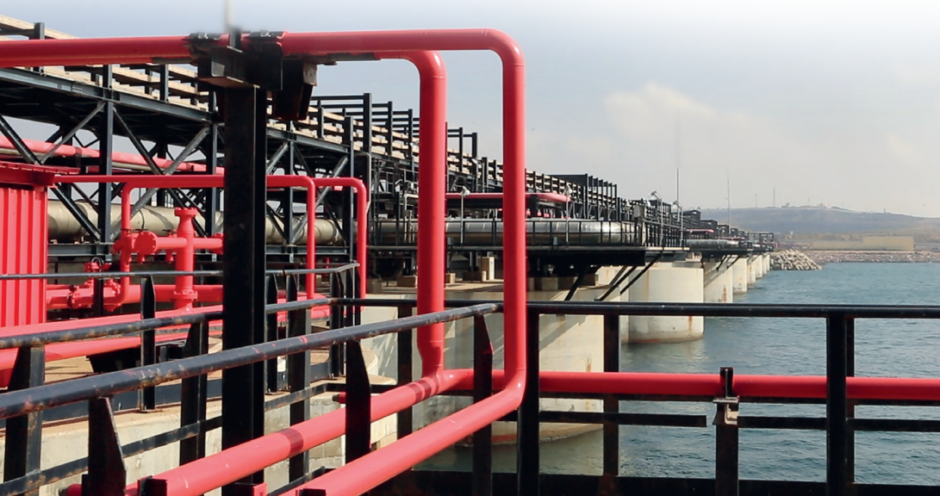
Algeria’s state-owned Sonatrach has held talks with Chevron this week, with technical workshops held in order to consider joint opportunities.
The Algerian company said Chevron was interested in opportunities in the North African state. It went on to say areas of joint interest had been identified and an agenda for the next steps. One potential area of interest for Chevron in Algeria may be shale.
Algeria’s government has been in a state of flux since February this year, with political paralysis slowing investments and deals. Sonatrach has not been immune, with the company’s former head Abdelmoumen Ould Kaddour being removed in late April, replaced by Rachid Hachichi.
Sonatrach has also been pushing for progress on legal reforms on the hydrocarbon sector. Algeria’s APS news service reported the company has called on the government to bring the new law in urgently, in order to secure the country’s competitive advantage.
In particular, Sonatrach was reported as highlighting the commercial appeal of Law 86-14, which was instituted in 1986 and captured major investments for Algeria. This law was abandoned in 2005, with new tougher requirements brought in, and investment in the country declining as a result.
Sonatrach had been working on talks with Chevron, and ExxonMobil, earlier this year. However, discussions fell apart as the Algerian government collapsed, with the long-time president, Abdelaziz Bouteflika, resigning in early April. As a result of the political chaos, the interim government has been unable or unwilling to take decisions on new investments.
Bouteflika’s removal was driven by demands from the populace, with protests held every Friday. Demonstrations have been focused on “le pouvoir”, those who control power and determine the country’s direction. The protestors continue to push for greater movement with all those linked to the Bouteflika regime to be removed.
The army, the Armee Nationale Populaire (ANP), has stepped in to take control of the situation and is now calling the shots, led by the chief of staff Ahmed Gaid Salah. The government has chosen to hold elections on December 12, in a bid to allow the government to move on with its agenda, but it faces a number of practical challenges in this ambition. Local government officials have been reported as opposing the plan and the number of candidates running is likely to be low.
One step taken by the government, and the ANP, has been a number of arrests and trials of former high-ranking officials. On September 25, the brother of the former president Said Bouteflika, and former intelligence heads Bachir Tartag and Mohamed Mediene, were found guilty by a military tribunal of conspiring against the army. They received 15-year sentences.

